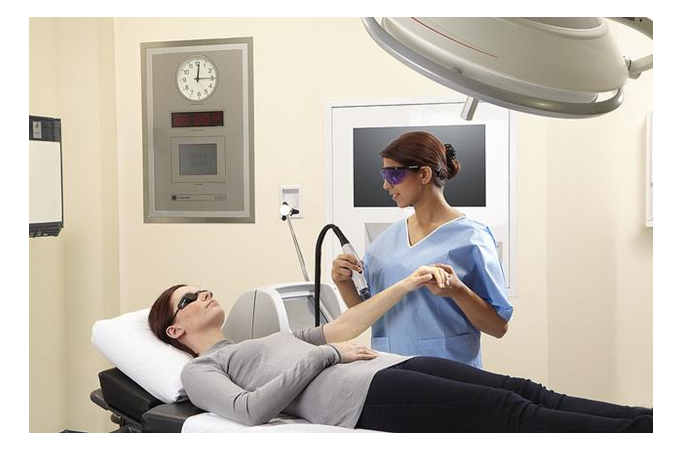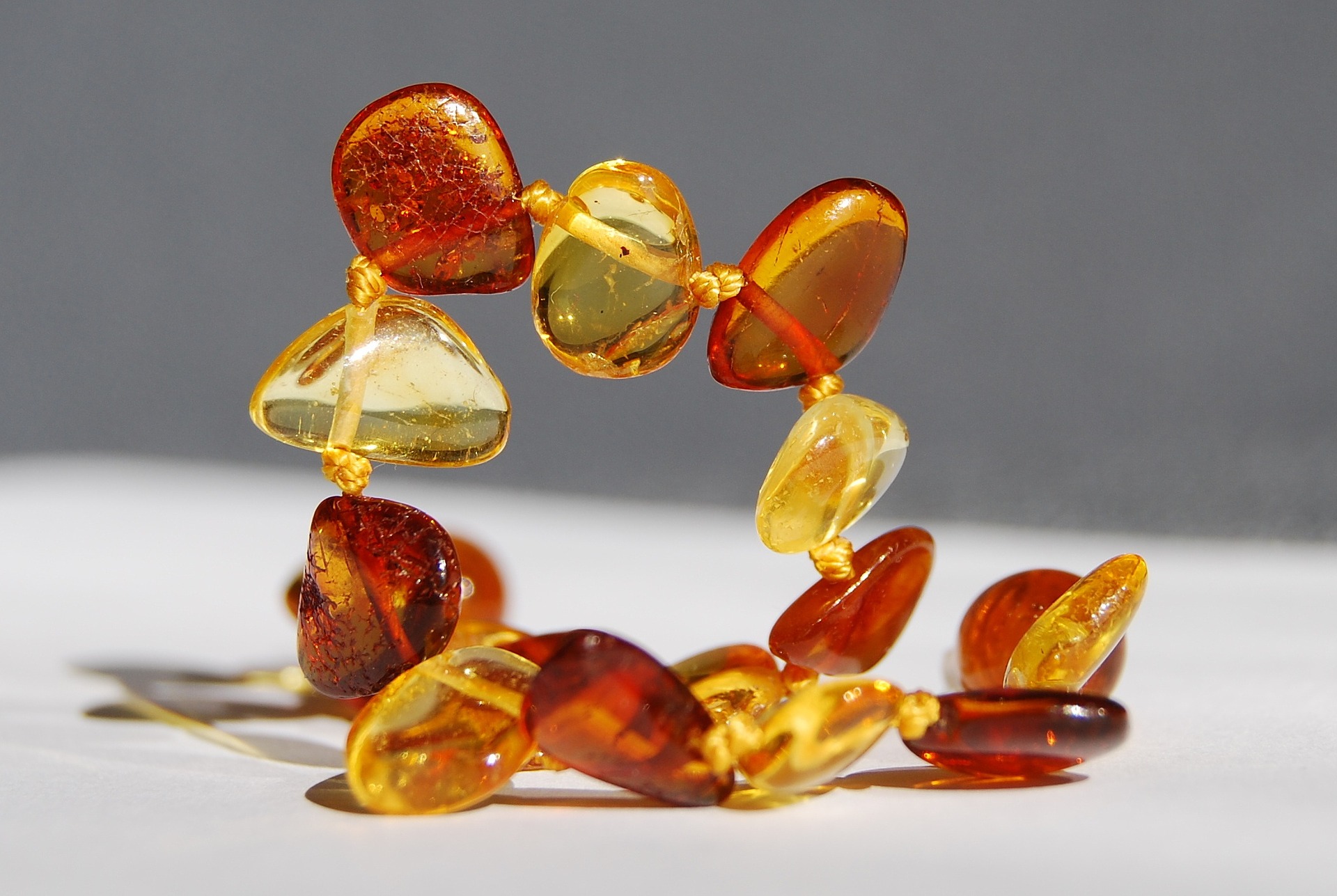One of the most significant risks of undergoing laser treatments is the chance of burns because they are undoubtedly painful and can also leave permanent scars in some cases. The leading cause of this accident is mostly lack of experience. Also, some laser treatment machines that cause burns are not approved by the Food and Drug Administration (FDA).
Accidents like these are most of the time handled by an operator that is not well-experienced in giving this kind of treatment. That is why before you go for the cheap offer or a DIY solution, think of the risk you’re putting yourself into first.
So far, lasers and electrolysis are some of the best methods for removing stubborn hair permanently. Although, you also need to think that there are chances that it may give you some side effects like discoloration, irritation, skin rashes, and even burns at some point.
“Must Knows” In Laser Hair Treatment Burns
Some of the most common causes of the not-so-good effects of the said treatment include wrong procedure implementation, inexperienced technicians, wrong choice of treatment, improper care of the treated area after the laser hair removal treatment, and harsh and aggressive attitude while doing the procedure all by yourself while at home.
Burns happen when the laser energy is getting absorbed opposing the proper way of targeting the follicles of the hair and not directly to the skin. The typical signs of laser treatment burns include but are not limited to severe swelling, redness, and eventually, discoloration of the burned part of the surface.
Despite this risk, laser hair removal treatment has long been proven safe by many specialists. However, it is essential that you know what to do when you notice some adverse effects like burns. Most of the cases of burns recorded are only minor and usually subsides in a short period.
It is vital that you get checked by a skincare specialist or clinic first to lessen the chances of getting laser burns. Doing so will determine if you’re a suitable patient for that kind of treatment. Ask questions if necessary before deciding whether you’ll go with it or not.
Always make sure that your specialist or the clinic where you’ll be undergoing the said treatment is fully equipped and has the right system in performing laser hair removal. You have to ensure that the specialist says that you qualify for the procedure to avoid offers promising low prices and services that are too good to be true. Always think that this kind of treatment is, but if you find the right laser treatment facility, it will all be worth it.
Avoiding Laser Hair Burns
Here are some tips that will help you possible avoid getting burns from laser hair treatment:
- Find the right clinic. Make sure they are experts in the field of laser hair treatment. Doing so will lessen your chances of getting this unfavorable skin issue.
- Make sure that the machine the specialist will be using suits your skin type and color. Aside from that, you need to know if the machine is approved by the Food and Drug Administration (FDA).
- Some machines work for different skin types and colors like the Soprano Laser. But there are also machines that have their specialty. Some are only good for whiter skin color and some only work for darker shades of skin.
- Since using the machine is risky, not everyone can operate this machine. Unless these people are well-experienced and are skilled in driving the device, they are prohibited from using it. If you can, find a licensed technician to put your mind at ease.
What To Do If You’ve Got Burns From Laser Hair Treatment
- Do not touch the affected area with your bare hands. Wrap ice in a towel instead and apply it to the burned part of the skin for fifteen to twenty minutes. Repeat the procedure for the next hour or two. Applying a cold compress helps in eliminating the pain of the burn instantly.
- Get a hydrocortisone cream and apply a thin layer to the affected area. It will help reduce swelling and soothe that part of the skin.
- Drink a lot of water. Practically, that part of the skin is dehydrated that is why you have to replenish it with water intake.
Takeaway :
Everyone knows that laser hair treatment gives beautiful results when done with the touch of licensed professionals. This kind of process is one of the best since it does not only remove unwanted hairs but also prevents them from growing again. Although it sounds like a perfect treatment, adverse side effects and risks still happen.
Always remember that prevention is better than cure. Put in mind that laser hair removal will not give you the result that you want to achieve unless you take extra caution and leave the whole meticulous process of the treatment to the specialist.
Read Also:
























